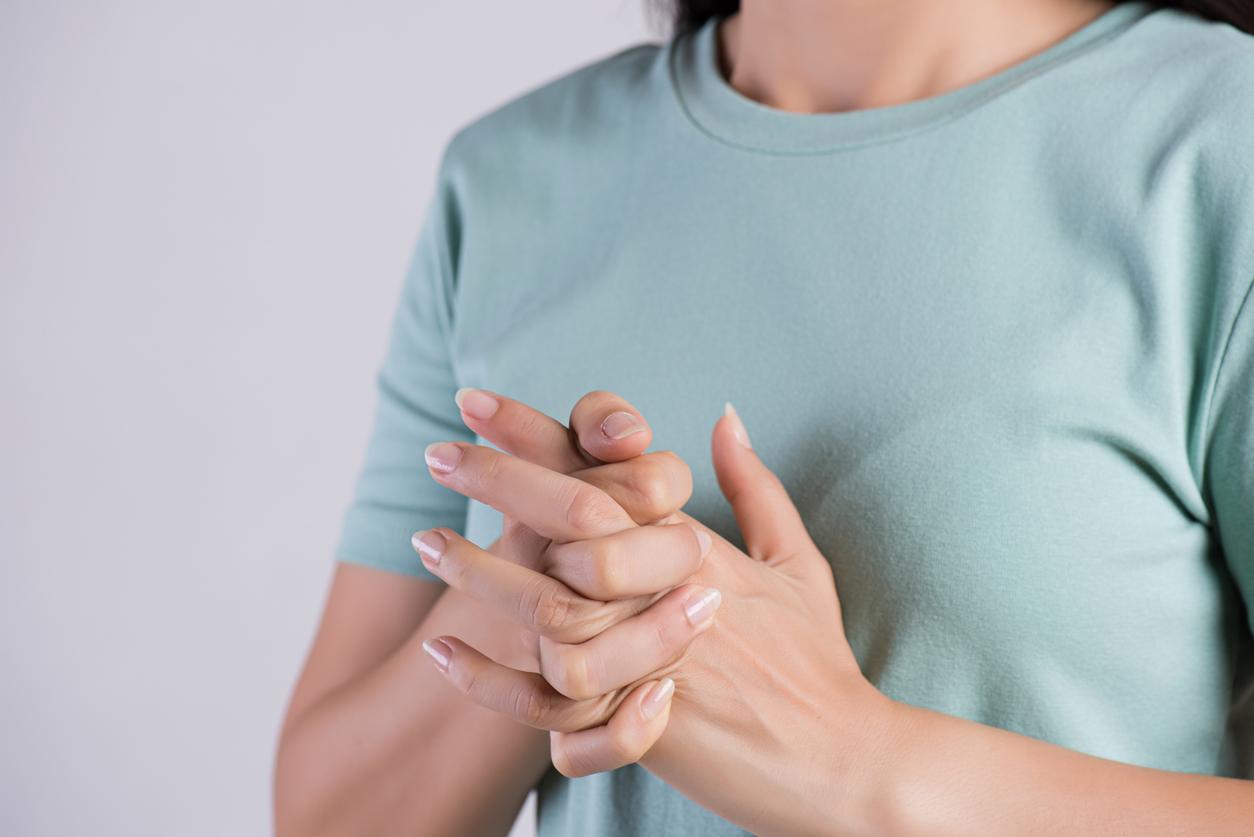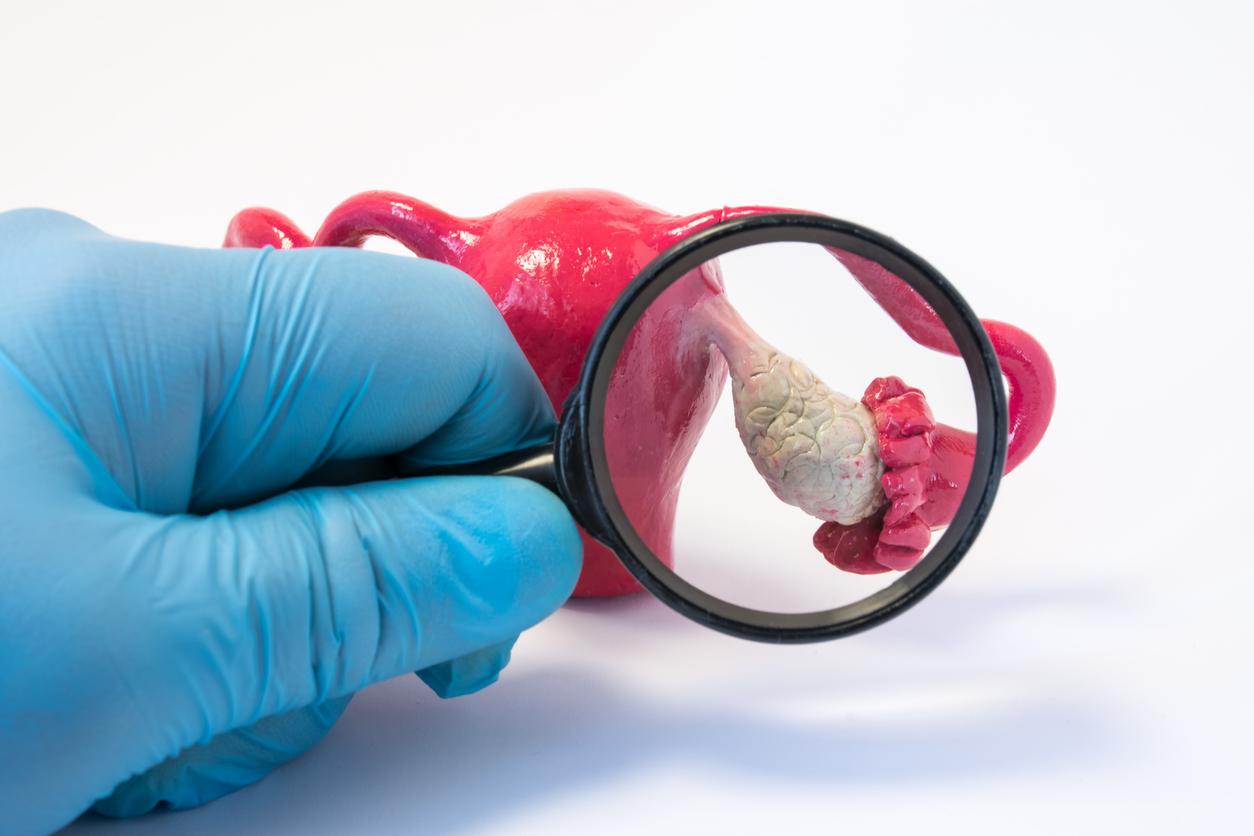Cracking your joints can relieve some pain at the moment, but if you do it often, it is best to consult a healthcare professional.

- Cracking the joints of the fingers, back or neck does not increase the risk of suffering from arthritis.
- However, there are risks of cartilage and/or ligament damage and vascular accident.
- Chronic pain can be a sign of a more serious pathology and it is imperative to consult a doctor to make the correct diagnosis.
Fingers, back, neck… Cracking your joints provides a feeling of relief in cases of pain, or even pleasure! But, for a long time, this practice was suspected of causing arthritisan inflammation of the membrane that lines the inside of our joints.
Crunches unrelated to arthritis
Allergist Donald Unger was the first to want to check. For more than 50 years, he only cracked the fingers of his left hand, and not those of his right hand. His results, published in 1998 in the journal Arthritis and Rheumatismshow that his two hands were similar: no trace of arthritis, neither on the left nor on the right.
More recent, another study was published in 2011 on this subject in the Journal of American Board of Family Medicine, corroborates the results of Donald Unger. After analyzing the hand x-rays of 215 people, aged 50 to 89, taken over the past five years, the authors indicate that the participants who regularly cracked their joints did not have more arthritis than the others.
So is cracking your knuckles safe? Not really, replies Dr. Steffen Queinnec, orthopedic surgeon and traumatologist at the Paris Spine Institute (IDR), at Figarowhich points out two risks: damage to cartilage and/or ligaments and vascular accident.
“[Les artères cérébrales] are very sensitive to head rotations: too sudden a cracking of the neck can cause what is called a dissection, he indicates. Even if this complication is the exception, we must remain cautious.”
Relieving joint pain may hide another pathology
If you crack your joints to relieve chronic pain, it is best to consult a healthcare professional who can diagnose them.
They can come from different health problems such as osteoarthritis, a joint disease which affects 10 million French people according to the National Institute of Health and Medical Research (Inserm), a scoliosisa herniated discor other back and joint pathologies.


















